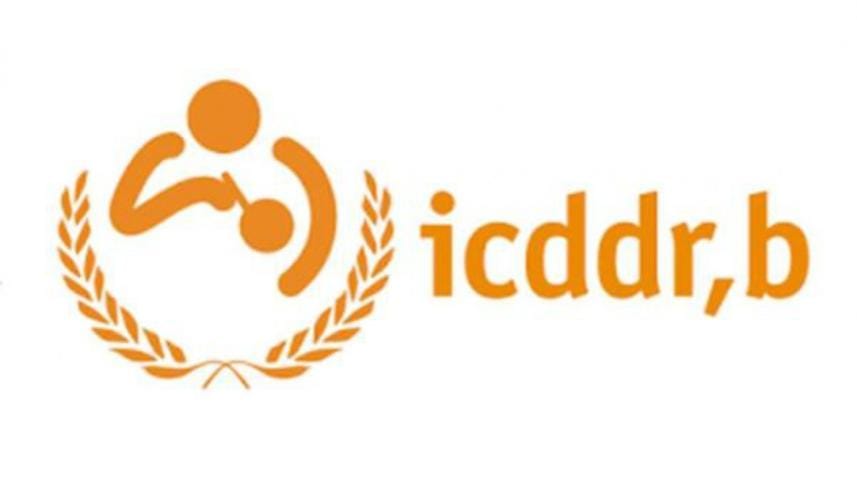icddr,b to launch 'cutting edge' cancer diagnostic service

The icddr,b is set to launch a cancer diagnostic service based on Next-Generation Sequencing (NGS) tomorrow, marking a major step toward making precision cancer care more accessible and affordable in Bangladesh.
Offered by the icddr,b Genome Centre, this is the most comprehensive molecular testing service of its kind in the country, developed to support cancer specialists with faster, more accurate, and locally available diagnostics to guide personalised treatment plans, said an icddr,b press release today.
The initiative addresses a longstanding call from Bangladesh's cancer specialist community to reduce dependence on overseas laboratories, it said.
Currently, many patients wait four to five weeks for results, often at high cost and with questionable report quality. In contrast, icddr,b will deliver reports in less than two weeks, backed by internationally trained experts, cutting-edge equipment, and globally benchmarked standards, it said.
To facilitate patient access, samples will be collected from any of the icddr,b diagnostic centres and booths in Mohakhali, Mirpur, Motijheel, Dhanmondi, Uttara, Niketon, Gulshan, and Baridhara.
"We are taking a transformative step toward accessible and precise cancer care in Bangladesh," said Mustafizur Rahman, senior scientist and acting senior director of the Infectious Diseases Division at icddr,b.
The service was developed under the leadership of Tahmeed Ahmed, executive director of icddr,b.
"This was a gap we could not ignore," said Tahmeed. "Our goal is to ensure no patient has to wait weeks or travel abroad for critical test results. We invite cancer specialists to work with us to bring this service to more people who need it most. This is not just a service—it's a promise to deliver hope, trust, and better outcomes for all parties in cancer treatment and management in Bangladesh."
A 2025 nationwide study by BSMMU found that cancer affects over 100 in every 100,000 people in Bangladesh, with breast, oral, stomach, throat, and cervical cancers being the most common. With many patients facing delays in diagnosis, early and reliable testing is essential.



 For all latest news, follow The Daily Star's Google News channel.
For all latest news, follow The Daily Star's Google News channel.
Comments